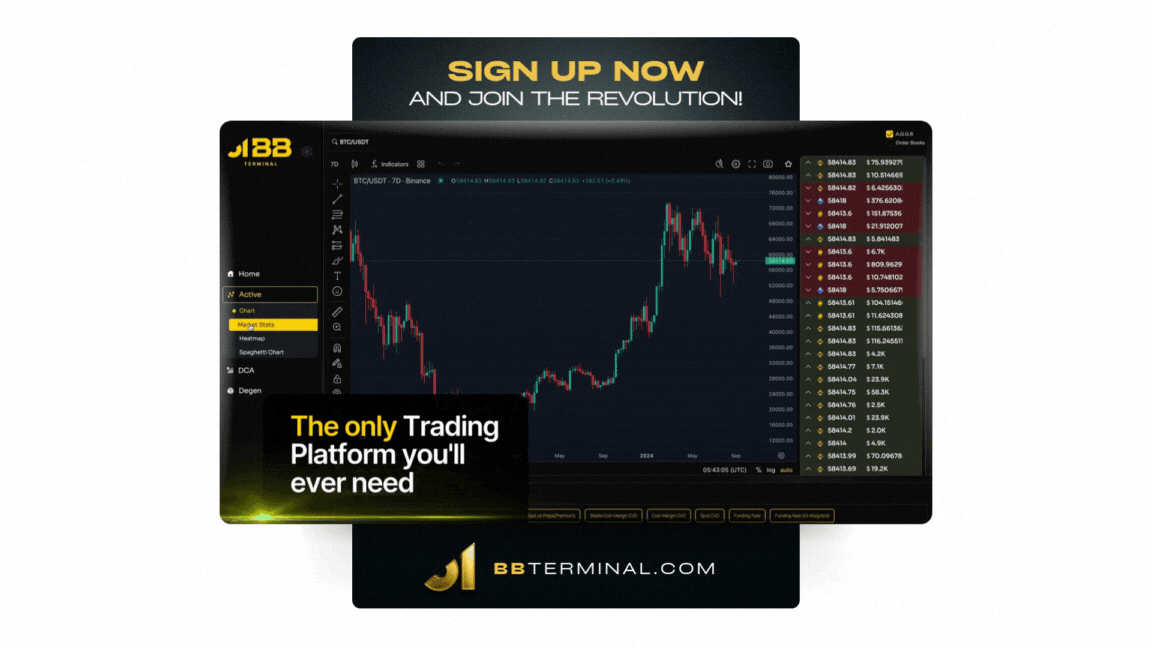Nasdaq Eyes Tokenized Stocks as Ledger Flags Massive NPM Hack
Forward Industries Raises $1.65B for Largest Solana Treasury, Nasdaq Seeks SEC Approval for Tokenized Stock Trading, Strategy Adds 1,955 BTC Bringing Holdings to 638,460, Ledger Warns Users Amid Billion-Download NPM Supply Chain Hack

Because Bitcoin
September 8, 2025
Strategy Buys 1,955 BTC for $217.4 Million, Holdings Reach 638,460 BTC as S&P 500 Snub Fails to Halt Expansion
Bitcoin treasury firm Strategy added 1,955 BTC for $217.4 million between Sept. 2–7, bringing total holdings to 638,460 BTC worth around $71 billion at an average price of $73,880 per coin. The purchases were funded through at-the-market sales of common and perpetual preferred stocks. Despite strong quarterly results, Strategy was excluded from the S&P 500, a move that could have triggered large passive inflows. The company continues to execute its expanded “42/42” capital plan for bitcoin acquisitions through 2027. While corporate bitcoin treasury adoption grows, many companies’ shares remain below summer peaks, and Nasdaq has signaled tighter oversight on crypto-related fundraisings.
Nasdaq Seeks SEC Approval to Let Listed Stocks Be Traded as Blockchain-Based Tokens
Nasdaq has requested SEC approval to allow its listed securities to be traded either electronically or as blockchain-based tokens. If approved, investors could choose on a trade-by-trade basis between conventional settlement and tokenized shares, which would retain identical rights, including voting and liquidation claims. Clearing would still occur through the Depository Trust Co., with trade records also stored on distributed ledgers. The move follows similar experiments by Robinhood, Galaxy Digital, and Coinbase, aiming to streamline settlement and broaden market access, though regulatory and legal hurdles remain.
Forward Industries Raises $1.65 Billion to Launch Largest Solana Treasury With Galaxy, Jump, and Multicoin Support
Forward Industries raised $1.65 billion in cash and stablecoins to launch a Solana-focused crypto treasury, making it the largest institutional Solana reserve to date. The funding round was led by Galaxy Digital, Jump Crypto, and Multicoin Capital, with support from existing shareholder C/M Capital Partners. Forward aims to become a publicly traded institutional vehicle, generating on-chain returns and long-term value through the Solana ecosystem. Galaxy will handle treasury management, trading, lending, and staking, Jump Crypto will provide infrastructure support, and Multicoin Capital will offer strategic guidance, with co-founder Kyle Samani expected to chair Forward’s board. The $1.6 billion treasury nearly triples the size of the largest existing Solana treasury.
Nasdaq Proposes SEC Approval to Trade Stocks in Traditional or Tokenized Form With Full Shareholder Rights
Nasdaq filed a proposal with the SEC to allow its listed stocks and exchange-traded products to be traded in either traditional or tokenized form. The move comes amid rising global demand for tokenized assets and follows similar initiatives from Coinbase and major banks exploring digital securities. Nasdaq emphasized that tokenized securities must carry the same rights as traditional shares and would trade on the same order book under identical rules, ensuring investor protections. If approved and infrastructure is ready, U.S. investors could see token-settled trades by late Q3 2026, integrating crypto-based settlement into traditional markets without changing pricing, routing, or reporting.
Ledger CTO Urges Pause on Onchain Transactions Amid Billion-Download NPM Supply Chain Hack
Ledger CTO Charles Guillemet warned users to pause onchain transactions following a massive NPM supply chain attack. Hackers compromised a reputable developer’s NPM account, affecting packages downloaded over a billion times, with malicious code silently swapping crypto addresses to steal funds. Hardware wallet users remain safe if they carefully verify transactions, but users without such wallets are advised to refrain from onchain activity. The affected packages were partially patched, though developers are urged to check all dependencies, as some frontends may still be vulnerable.

